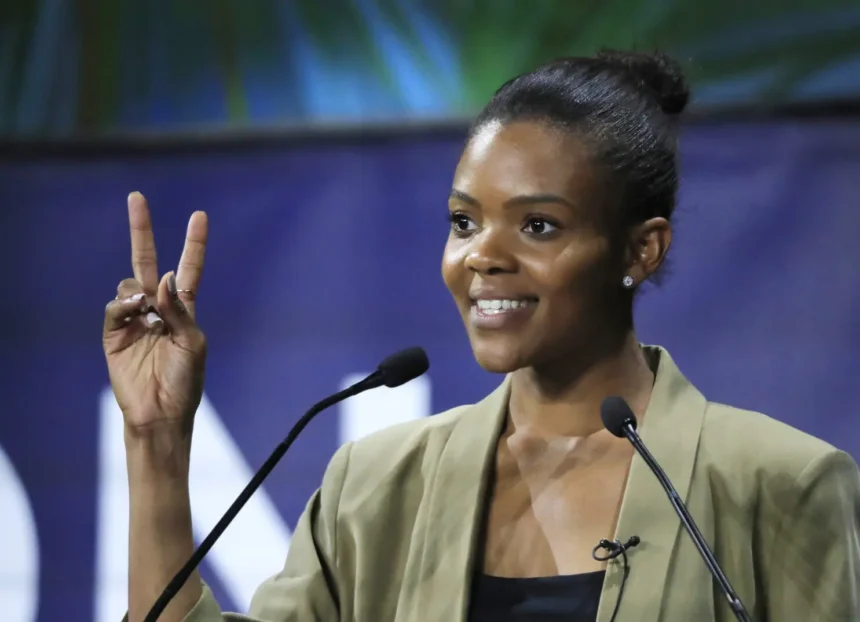Candace Owens, the famous American political commentator, has recently expressed her admiration for Nigerians and their culture. During a recent episode of her show, Owens openly stated that she wished she were Nigerian, praising the country’s rich cultural heritage and strong value system.
In her comments, Owens described herself as a “Nigerian stan,” a term used to convey her deep admiration and respect for the people of Nigeria. She highlighted several aspects of Nigerian culture that she finds appealing, particularly the sense of family and the seriousness with which Nigerians approach marriage. According to Owens, whether it’s a Nigerian doctor in the United States or members of a Nigerian family, the strong emphasis on values and cultural preservation is evident.
Owens went on to explain that her admiration for Nigerians goes beyond just their cultural pride; she also appreciates their sense of humor and the strong moral foundation they possess. “They do have a good culture… I’m a Nigerian stan. They are funny. They have very good values,” she remarked in a video clip shared on her TikTok page.
Her praise for Nigerians, particularly their emphasis on family and cultural unity, resonates with many, as these values are deeply ingrained in Nigerian society. It reflects the pride Nigerians often feel about their heritage, traditions, and the bonds they share with family members, no matter where they are in the world.
Owens’ admiration for Nigeria comes at a time when the global perception of Nigerian culture has been growing stronger, thanks in part to the international success of Nigerian music, films, and the general recognition of the country’s impact on the global stage. Her positive remarks have sparked conversations on social media, with many Nigerians expressing their appreciation for her acknowledgment of their cultural values.
In conclusion, Candace Owens’ heartfelt admiration for Nigerians serves as a reminder of the power of cultural pride and the significance of maintaining strong values. Her comments reflect a broader global recognition of the importance of cultural identity and the role it plays in shaping individuals and societies around the world.




